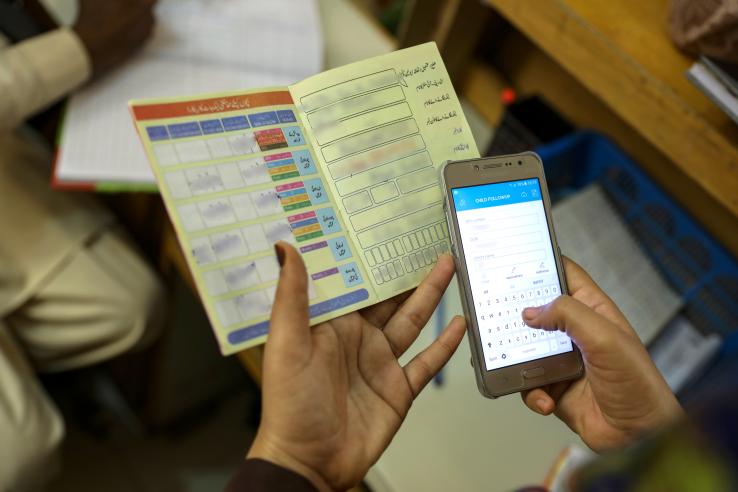Displaying 1621 - 1635 of 7897
Event
El webinar Primer ciclo de alianzas con gobiernos en México: ¿Cómo participar? explicará en detalle en qué consisten las alianzas de J-PAL con gobiernos y cómo cómo participar en el proceso de selección para alianzas en México.
Person
Resource
Basic page
Join the upcoming IDEE webinar exploring the Impact of Programing on Primary Mathematics Learning.
Resource
Basic page
Time and date: Feb 1, 2023 02:00 PM UTC Live via Zoom
Person
Person
Person
Person
Person
Update
J-PAL updates
J-PAL North America's July newsletter features our Economics Transformation Project blog series and new research results on a STEM pipeline program and the Nurse-Family Partnership program.
Evaluation
In Pakistan, researchers conducted an evaluation to test the impact of different types of mobile conditional cash transfers (mCCTs) on childhood immunization coverage and timeliness. Overall, small mCCTs led to increases in rates of immunization coverage at a low administrative cost. Additionally, researchers found that design details like payment certainty, schedule, and delivery method are important considerations.
Evaluation
Researchers evaluated the impact of Boston’s Summer Youth Employment Program, which uses a lottery to provide youth with part-time work and skills training during the summer, on students’ educational outcomes. The program significantly increased high school graduation rates among participating students, partly by reducing dropout and absenteeism rates.




